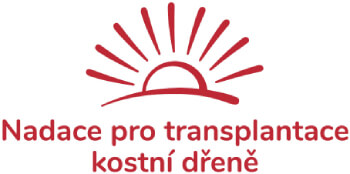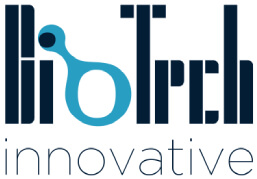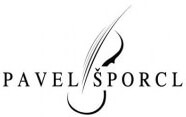Criteria for releasing a donor (Access to a donor)
A. Criteria for access to a donor – HLA compatibility
A1. Typing from a sample from the DNA depository (ET – extended typing, formerly “customized typing”): there are no limiting criteria for preliminary HLA match. If the typing can be performed from the stored blood sample or DNA (i.e. a new collection from the donor is not necessary), HLA Laboratory of CNMDR shall perform the required typing of any donor regardless of the degree of HLA match with potential recipient.
A2. Typing of HLA-DR locus of HLA-A, B typed donors: There are no match criteria for donors at the age under 40. For donors at the age over 40 there must be a minimum concordance of 2/4 in HLA-A, B loci.
A3. Verification typing (VT) = typing from a new sample): A minimum degree of HLA match to organize a new collection from a donor is the match of 3/6 in HLA- A-B-DR loci at any resolution and regardless of HLA-C and –DQ.
A4. Work-up – hematopoietic stem cell collection: CNMDR automatically releases a donor for the collection of hematopoietic stem cells for a specific patient if a minimum molecular-genetically defined match of 6/8 in HLA-A,-B, -C loci is proven and -DR at the level of high resolution (4-digits). The release of a donor for work-up for a specific patient with any match under 6/8 according to the aforementioned definition must be approved by the group of independent experts (at least 2 members shall give their opinion). The CNMDR medical director is entitled to negate its statement, the medical director must not change a non-consenting statement.
B. Criteria for access to a donor – clinical criteria (indication)
B1. The CNMDR policy on releasing a donor according to clinical criteria shall be particularly governed by current recommendations of the Czech Haematological Association and the Czech Oncology Association of ČSL JE Purkyně). Unless the aforementioned recommendations are available in specific cases, it shall be governed by recommendations of EBMT and CIBMTR.
B2. The current policy is described in detail in the implementing SOP CNMDR/L05/Clinical Criteria for Access to Donor
B3. A donor is automatically released for collection of hematopoietic stem cells in the following clinical indications (official terms of ČLS JEP):
- Standard indications
- Individual indications
- EBMT – S/CO/D (Standard/Clinical Option/Developmental)
B4. Release of a donor for the collection of hematopoietic stem cells for indications according to ČLS JEP “Transplantation is not indicated” or EBMT “GNR” must be unanimously approved by the group of independent experts (at least 2 of them must give their opinion). The CNMDR medical director is entitled to negate its statement, the medical director must not change a non-consenting statement.
B5. Release of a donor for the collection for transplantations in indication “Transplantation according to the clinical protocol” or directly within clinical studies or research protocols must always be accompanied by an informed consent of the donor.
B6. A donor is automatically released for the collection within the following clinical studies or within research protocols:
- Official studies of EBMT, CIBMTR or CTN
B7. Release of a donor for any other studies must be unambiguously approved by the consultancy group for transplantations (at least 2 of them must give their opinion). Its statement of consent can be negated by the Medical Director of CNMDR; the Medical Director must not change a negative statement.
B8. TC shall always submit consent of the local ethics committee (IRB).







